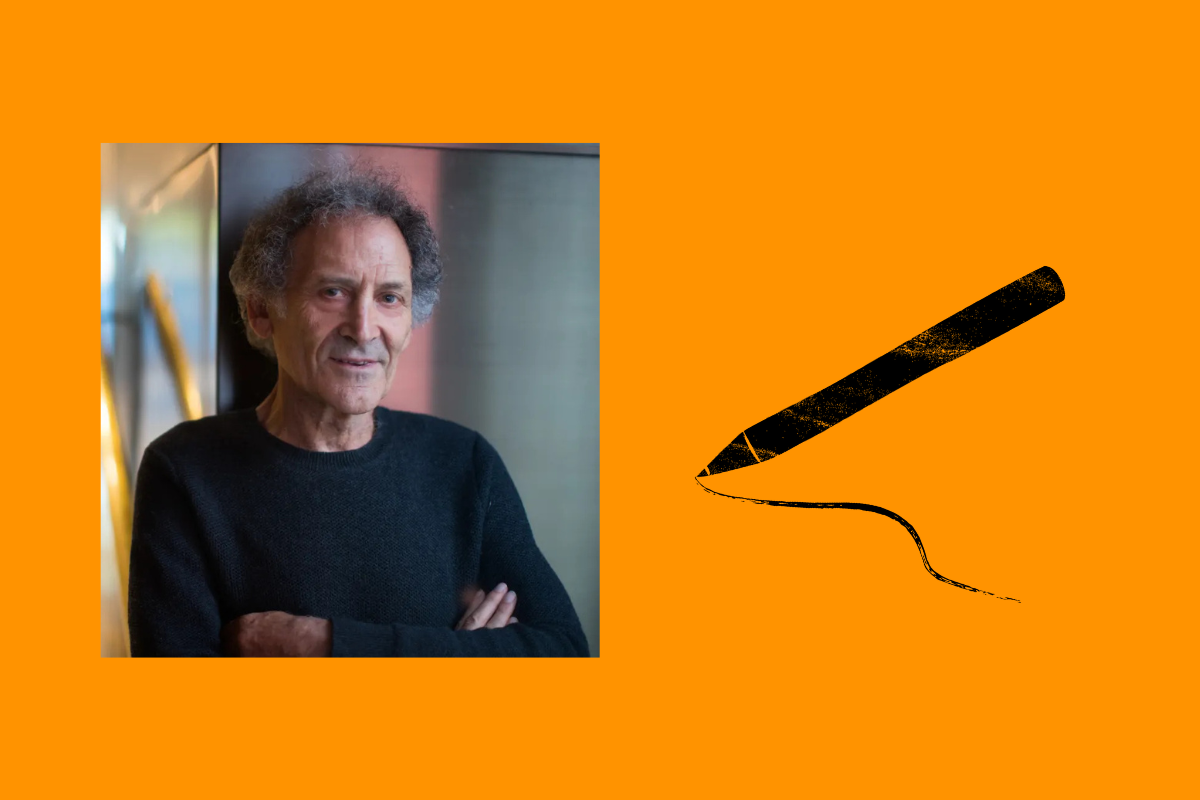Published: 30 November 2016
Last updated: 4 March 2024
The Last Laugh, which had its Australian premiere at the recent Jewish International Film Festival, is a rare beast in that it raises far more questions than it could ever hope to answer yet at the same time provides a richly rewarding, and at times extremely funny, viewing experience.
Some, definitely not all, of the questions it raises, in no particular order, are: What are we supposed/allowed to find funny about the Holocaust? Can laughter ever be a suitable reaction to such a monumental tragedy, or is it simply a defensive mechanism? Who, if anyone, is entitled to make jokes about those events? Is it any more acceptable for Jews than non-Jews to tell the jokes or perform the skits? Does the passage of time legitimise certain types of humour? Does presenting the Nazis as comic-book parodies of the real deal lessen the impact of their crimes and the hurt still suffered by those who lived through the period? Is it ever acceptable to refer to someone who is loud or obnoxious as a Nazi, even in a comedic situation (think the Soup Nazi from Seinfeld)?
Who’s who of Jewish comedy
It’s hard not to find any doco that features a cavalcade of comedic megastars funny, regardless of the topic, and this one has everyone from the immortal Mel Brooks to Harry Shearer, Sarah Silverman, Carl and Rob Reiner, Joan Rivers, Jeffrey Ross, Amy Schumer, my personal favourite Gilbert Gottfried, and too many others to mention here.
There are plenty of moving stories from survivors, some of whom coped with their desperate situation in the camps by laughing and performing for others as often as possible, and also those who never have and never will laugh at anything remotely related to that period.
Time and space
The hackneyed old chestnut that time heals all wounds receives a vigorous examination here, and not just with regard to the Shoah.
Mel Brooks relates a story about when he started to incorporate a Hitler sketch into his act in 1948 and how it was perceived as being totally inappropriate and outrageous at the time, as was his first use of the swastika in The Producers in the 60s. “It’s funny how the Spanish Inquisition skit in The History of the World Part 1, which showed Jews being tortured on racks amongst other things, didn’t attract any criticism at all, but I suppose it would have had it been viewed in 1492,” he said. Besides, Mel has always believed the Nazis are an obvious subject for comedic derision, an attitude he has never resiled from, as films such as Blazing Saddles (where Hitler makes a cameo) and To Be or Not to Be attest.
It’s also worth noting that, 40 years later, The Producers has become a global musical hit where audiences routinely sing along to its most recognisable ditty Springtime for Hitler. In much the same vein, 9/11 jokes were considered highly offensive for at least a year or more after the event but are now considered part of mainstream American humour.
Robert Clary is one of the more interesting individuals featured in The Last Laugh. Clary lost his entire family (parents, siblings, aunts, uncles et al) in the death camps, so you’d think he’d have very little to laugh about when it comes to the Holocaust. Yet Clary played the role of La Beau in the classic 60s sitcom Hogan’s Heroes, which also featured Jewish actors Werner Klemperer and John Banner as Colonel Klink and Sergeant Schultz.
Clary recalls being on the receiving end of plenty of criticism for taking part in the show but, like Mel Brooks, he was firmly of the opinion that the Germans were being made to look ridiculous, and that effectively stripped them of any of their power or authority. There was also an important distinction between a PoW camp and a concentration camp, he said.
In the end it’s personal
There is no uniformity of opinion amongst the comedians or survivors, nor should anyone expect there to be. One of the inevitable conclusions of The Last Laugh is that humour is a very personal thing and there will always be a broad spectrum of what people find acceptable and/or funny, be it with regards to the Holocaust or any touchy subject that features race, gender or suffering.
Having said that, one thing that there was universal agreement on was that if you’re going to go down the Holocaust route as a comedian, you’d better be damn funny. Slaughtering a sacred cow is one thing, but only if you can accomplish it through a combination of some sensitivity and precision: to tell a lame mother-in-law joke is one thing, to tell a bad Holocaust joke is something else entirely. In fact, as several of those interviewed pointed out, the room for error is so slim that you’re likely to be remembered for all the wrong reasons if you get it wrong. One striking example was a comment made by Joan Rivers on a late night talk show shortly before she died a few years ago, which doesn’t bear repeating here. As someone who had been very funny for a long time, she had, towards the end, reached the point where she was really just being offensive for the sake of it.
On the flip side, there are genuinely funny anecdotes throughout The Last Laugh and it would be remiss not to mention at least one in this review. Sarah Silverman tells a joke which she said might actually have been a true story about Walter Matthau and his wife. At any rate, an elderly Jewish couple are on their way to Auschwitz in the 90s on a tour bus when they get into a terrible argument and don’t speak for hours. They proceed to do the tour, and then get back on the bus. Eventually, the husband turns to the wife and says, ‘You know, you were right and I was wrong, I apologise’, to which the wife responds, ‘Oh, now you’re sorry, after you’ve ruined Auschwitz for me!’
In the end, it’s the collective and overriding sentiment of everyone involved, comedians and survivors alike, that makes this such a memorable and thought-provoking piece. When all’s said and done, we as Jews really are having the last laugh; the Nazis did their best to wipe us off the face of the Earth but we’re still here, more influential, louder and funnier than ever.
This The Jewish Independent article may be republished if acknowledged thus: ‘Reprinted with permission from www.thejewishindependent.com.au ’





Comments
No comments on this article yet. Be the first to add your thoughts.